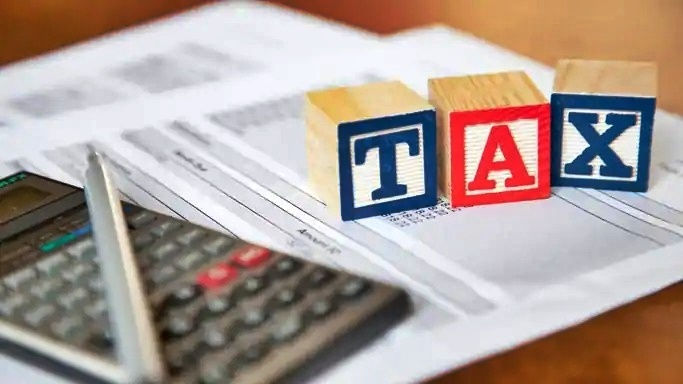Income tax dept to target undisclosed foreign travel expenses with ITR-1, ITR-4

Taxpayers are now required to disclose details of any expenditure exceeding ₹2 lakh on foreign travel, whether for themselves or someone else, in their Income Tax Return (ITR).
The Central Board of Direct Taxes (CBDT) has notified the income tax return forms ITR-1 and ITR-4 for the financial year 2024-25 and the assessment year 2025-26.
The details filled in these forms will be compared to the details in the annual information return statement, to bring out any hidden expenses to the surface.
It is believed that these steps have been taken to prevent the taxpayers from showing less expenses during the foreign trips and hold the evaders accountable.
The returns for incomes earned during the financial year from April 1, 2024, to March 31, 2025, have to be filed using the new forms.
This time, the taxpayers will have to disclose details of luxury items in the ITR.
Notably, for the purchase of overseas tour packages of up to ₹7 lakhs, 5% TCS was applicable from 2025. And for overseas tour packages exceeding the value of ₹7 lakh, 20% TCS was collected.
A major change in the ITR forms this year is that ITR-1 (SAHAJ) can be filed for notifying long-term capital gains (LTCG) under section 112A. This is subject to the condition that the LTCG is not more than ₹1.25 lakh, and the income tax assessee has no loss to carry forward or set off under the capital gains head.
Earlier, ITR 1 did not have a provision to report capital gains tax. This year, taxpayers who have long-term capital gains from the sale of listed equity shares and equity-oriented mutual funds can use ITR-1 to file their tax returns.
However, ITR-1 forms cannot be filed in cases of taxpayers who have capital gains from the sale of house property or short-term capital gains from listed equity and equity mutual funds.
The notification also stipulates that in cases where income tax assesses have opted out of the new income tax regime in AY 2024–25, they must declare and opt to either continue or reverse the selection.
Those who have opted out of the new income tax regime for the first time in AY 2025–26 must furnish Form 10-IEA acknowledgement details.
Additionally, there must also be a clarification for the late filing of Form 10-IEA.
In both ITR-1 and ITR-4 forms, all deductions ranging from 80C to 80U must be chosen from a drop-down in the e-filing facility, and the exact clauses and sub-sections must be revealed.
Income from retirement accounts maintained abroad -- falling under section 89A -- will now have improved fields and a relief tracking feature.
In ITR-4 section 44AD (business), if digital transactions make up to 95% of the business transactions, then the turnover threshold has now been changed to ₹3 crore. In Section 44ADA (professionals): Under the same digital receipts condition, the limit has now been increased to ₹75 lakh.
All bank accounts, being held in India during the previous year, barring the dormant ones, will now have to be compulsorily reported in the ITR 1 and ITR 4 forms.
(With inputs from syndicated feed)

